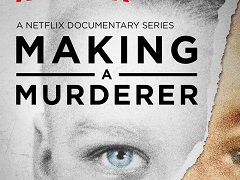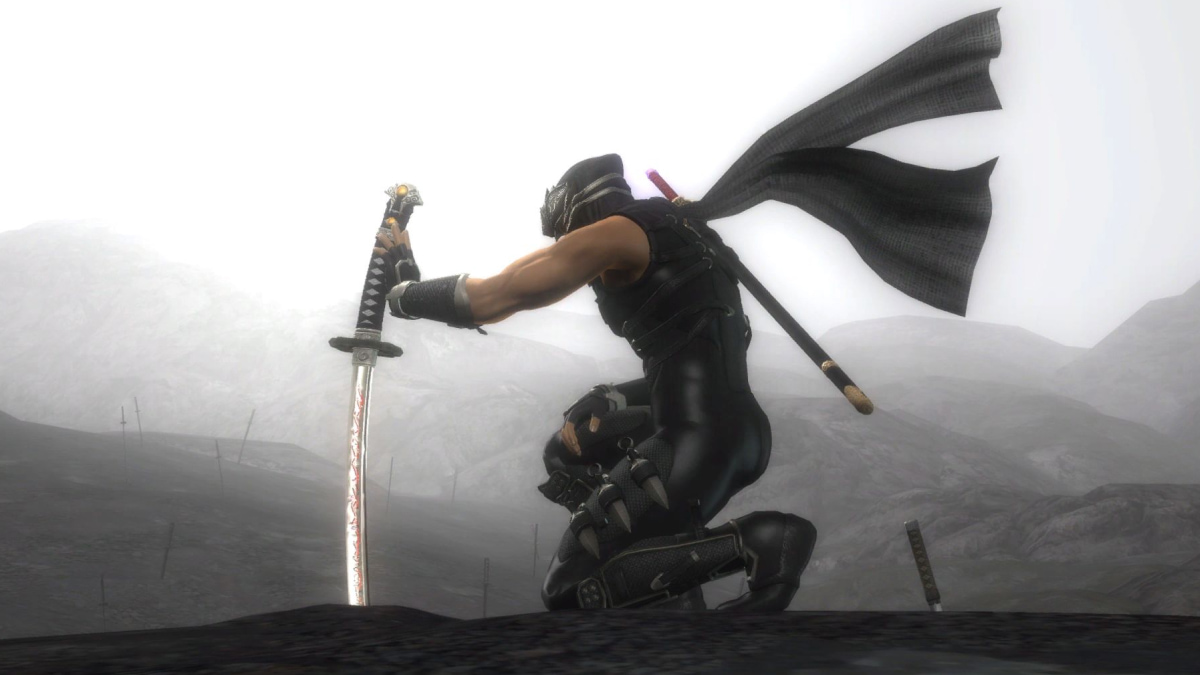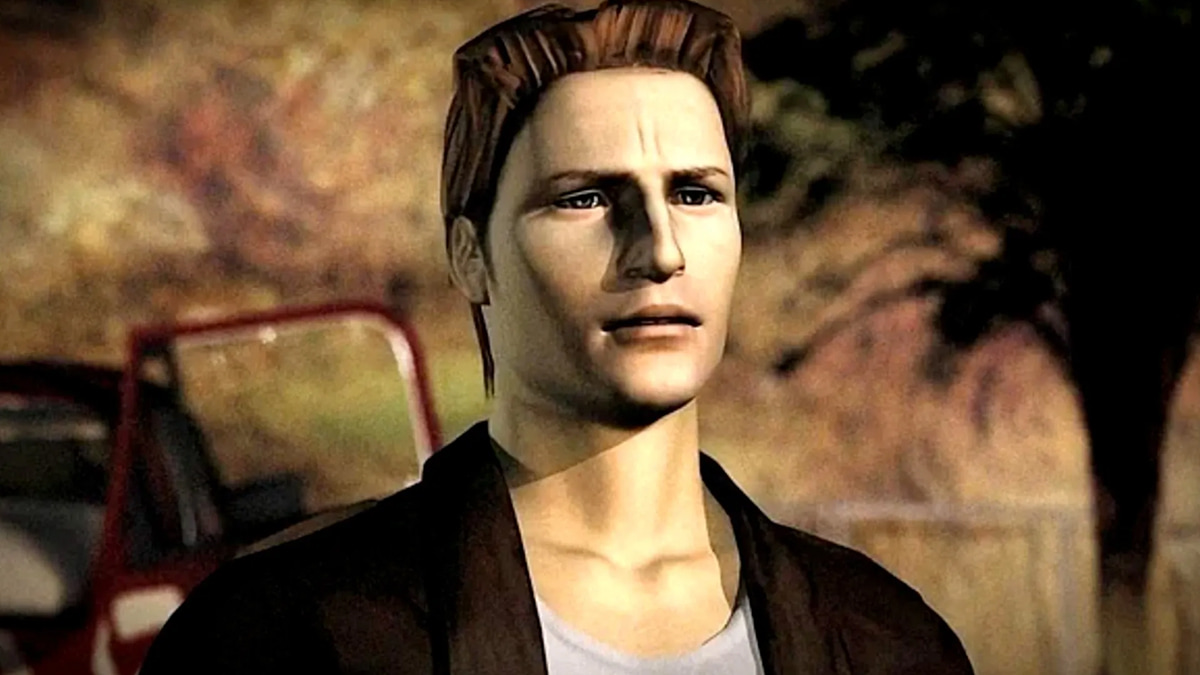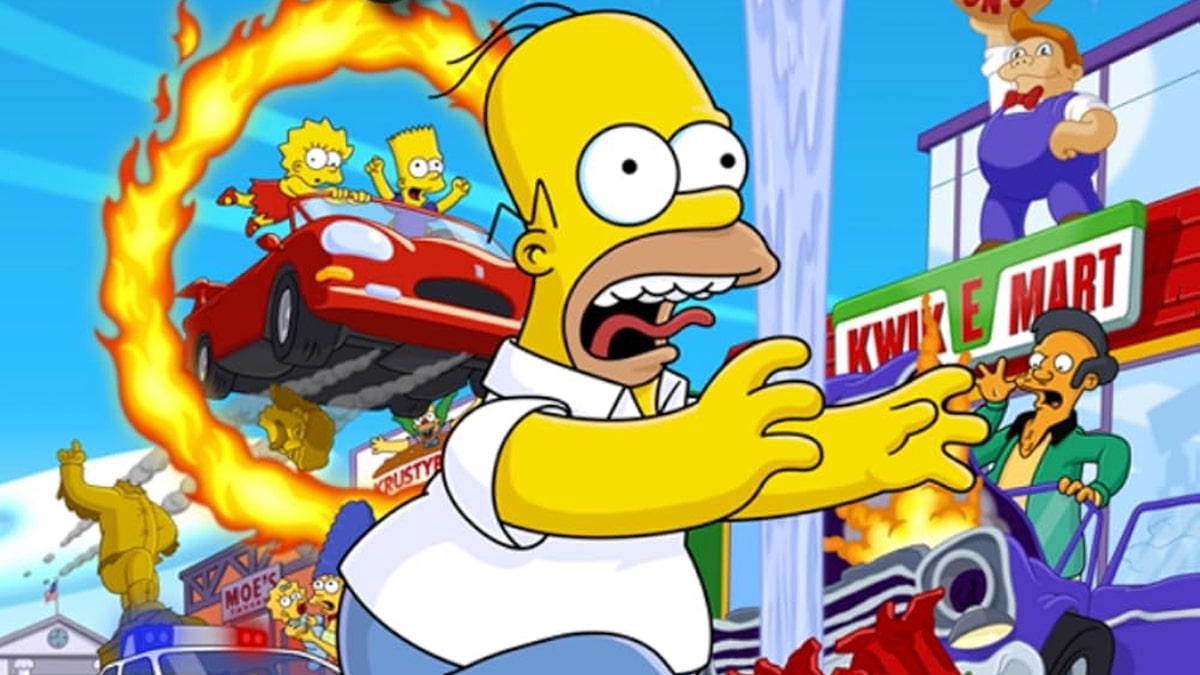You can trust VideoGamer. Our team of gaming experts spend hours testing and reviewing the latest games, to ensure you're reading the most comprehensive guide possible. Rest assured, all imagery and advice is unique and original. Check out how we test and review games here
Spoiler Warning: What follows doesn’t detail every aspect of the cases covered in the TV show Making a Murderer, but does include details on interrogations and the current situation of Steven Avery and Brendan Dassey.
/https://oimg.videogamer.com/images/7673/making_a_murderer.jpg)
Since Netflix released Making a Murderer in December the petition to free Steven Avery has reached over 300,000 signatures. Avery’s story of wrongful imprisonment for attempted rape, followed by a possible second wrongful imprisonment for murder almost immediately after being released from the first wrongful imprisonment, is indeed very compelling, but although Avery is, as it were, the frontman for the show he’s not the most interesting player in it. It should have been all about his nephew Brendan Dassey.
On March 1 2006 Dassey was interviewed by Mark Wiegert and Tom Fassbender as part of their investigation into Teresa Halbach’s murder. Dassey reportedly has an IQ score in the low seventies, and attended special education classes at his school. He was interviewed without his parents or any legal representation present. I don’t know about Avery – in fact I think it’s quite possible he’s guilty – but Dassey? By the end of that interview he’d confessed that he and Avery raped and murdered Halbach. He was sixteen years old. He’s more than likely innocent.
Dassey sits, in the tape of that interview, with his eyes down, playing nervously with his hands and pausing for long stretches as the detectives continually press him to “be honest”. It all plays out in Wisconsin accents: round ‘oh’ sounds and flat ‘ah’s that are so similar to the ones in Fargo that it almost seems like a lost episode of the recent TV show, the difference being that Fargo only claims to be a true story, and what happened to Dassey actually is.
/https://oimg.videogamer.com/images/0965/brendan_dassey_interview.jpg)
Sadly it turns out that remakes appear in the criminal justice system as well as in Hollywood. On June 3 1993, over a decade before Dassey’s interview and hundreds of miles from Manitowoc County, Jessie Misskelley, Jr. was interrogated by two West Memphis detectives for twelve hours. A total of 46 minutes of the interviews were recorded. Misskelley had a reported IQ score in the seventies. He was interviewed without his parents or any legal representation present, and by the end of the interview he had confessed that he and two other teenagers had killed three prepubescent boys as part of a satanic ritual. He was seventeen years old. He’s more than likely innocent. Seems strangely familiar, no?
It becomes more so when you compare the recordings of their interviews. In both cases they’re asked leading questions to guide their testimony, a process known as ‘contamination’ whereby the detectives involved (knowingly or unknowingly) feed details of the crime to the suspect for them to repeat back: Misskelley is asked “Did anyone use a stick and hit the boys with it?”; Dassey simply “Who shot her in the head?”
Misskelley, along with Jason Baldwin and Damien Echols – who were the investigation’s primary target – became known as one of the West Memphis Three, and they were the subject of several documentaries, the most recent of which (West of Memphis) is also on Netflix. The WM3 were released in 2011 after 18 years and a large public campaign, and though they technically plead guilty to get their freedom they maintained their innocence throughout. It was often argued that Misskelley’s confession was coerced, inconsistent, and that he didn’t really understand the gravity of what he was saying: some suggested that Misskelley thought the detectives wanted him to describe what might have happened, not what did. Dassey, after his interview is over, asks the detectives if they think he can get back to school by 1.29 pm, because he has a project due. When they tell him he’s going to be arrested he asks “Is it only for one day, or…?”
/https://oimg.videogamer.com/images/c851/west_memphis_three.jpg)
The parallels are disturbing. If exactly the same thing can happen to two teenage boys living half a country apart then the question is: how many others are there that we haven’t heard about? According to the Innocence Project approximately 27% of those exonerated by DNA evidence were convicted with a false confession. That could mean hundreds of Misskelleys and Dasseys are still behind bars.
Dassey, on the strength of his dubiously acquired confession, was eventually convicted of more than Avery: murder, sexual assault and the mutilation of a corpse. In a recorded phone call with her son Dassey’s mother asks him how he came up with the confession if he didn’t do it. “I guessed,” replies Dassey. “That’s what I do with my homework too.” The heart breaks, yet comparatively his plight hasn’t drawn as much attention. The largest petition to free Dassey has around 35,000 signatures, just over a tenth of the amount for his uncle, but if Avery was made a murderer then Dassey was even more so. That’s why Dassey should have been the subject of an entire documentary for himself.
/https://oimg.videogamer.com/images/ce63/brendan_dassey_appeal.jpg)
Avery had a previous criminal history – including setting fire to a cat. Dassey liked WWE, and cats, and playing Playstation. Even one of Avery’s defence team, Dean Strang, said in an interview with a Madison paper that the flaws of the justice system were “revealed in sharper relief and more vividly in Brendan’s case.” Dassey was little more than a child, railroaded into a confession he didn’t fully understand and let down by his lawyer Len Kachinsky, a man who resembles a Who but has the moral fortitude of a What (though his heart my have since grown three sizes, as he recently admitted he may have made one or two teeny tiny mistakes in his defence of Dassey).
Dassey himself is now ten years older and, seemingly, wiser.”I was afraid of them back then,” he wrote, in an open letter to the world that his mother shared on Facebook in 2014. “If I would get a new trial the truth would come out, because I am not afraid of them anymore.”






